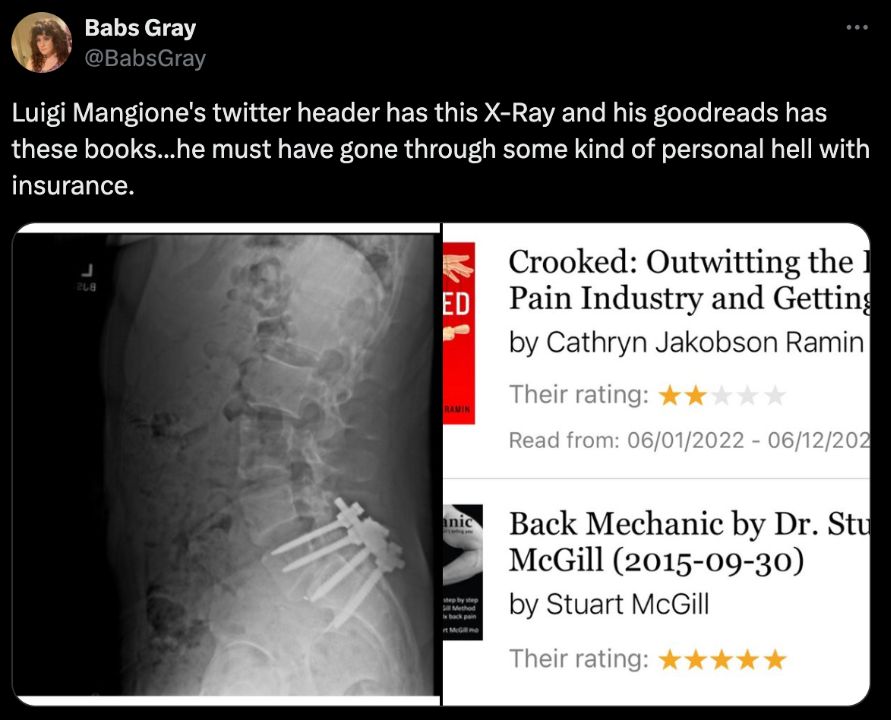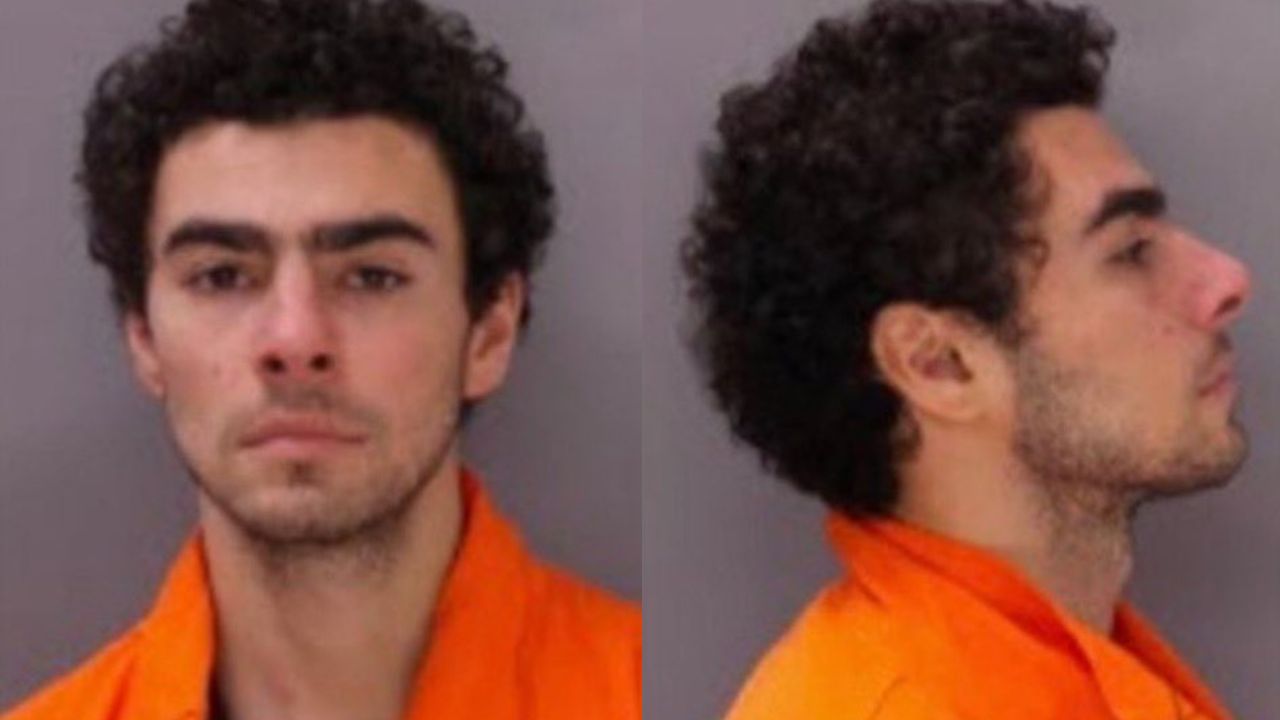There’s been a lot of speculations and pretty wild rumors about Luigi Mangione, the 26-year-old accused of killing UnitedHealthcare CEO Brian Thompson. One of the biggest claims floating around is that Mangione was battling cancer, but that’s completely false.
Luigi’s life did spiral due to some serious health issues, but cancer wasn’t one of them. The real story is an equally tragic one—chronic pain, medical treatments that didn’t work, a doomed romantic life, and the heartbreaking downfall of someone who once had a bright future ahead.
Luigi Mangione Does Not Have Cancer, But His Spinal Issues Aren’t Any Less Tragic
Luigi Mangione, once a star student at the University of Pennsylvania and a standout in both academic and professional circles, had his life turned upside down after a surfing accident left him with a serious spinal injury.

The injury brought constant back pain that took over his life. Desperate for relief, he went through major spinal surgery that involved implants. Sadly, the surgery didn’t help as hoped—some even say it made things worse.
Mangione’s friends and acquaintances noticed a big shift in him after the surgery. His once-active social and work life started falling apart as the constant pain and physical struggles wore him down mentally.

Online, his frustration became more obvious, with posts and books focused on chronic pain and the failings of the healthcare system. His collection included titles that criticized the back pain industry and healthcare in general, which he seemed to see more as obstacles than sources of help in his recovery.
The cancer rumor probably started because people noticed Luigi Mangione’s medical issues, how his appearance had changed, and the X-ray images of a spine with surgical hardware that he apparently shared online. Those X-rays, however, were tied to his back surgery, not cancer or anything life-threatening. An orthopedist who looked at the X-rays said they looked like a spinal fusion, likely done to fix something like spondylolisthesis—a condition where the vertebrae don’t line up right and can cause ongoing pain.
Despite the absence of a cancer diagnosis, Mangione’s health issues were incredibly serious and completely changed his life for the worse. His struggle with chronic pain apparently made him obsessed with what he saw as the flaws in the healthcare system. He got frustrated not just with his own situation, but with corporate healthcare as a whole. These feelings, made worse by his declining mental state, seem to have been a big factor in what happened leading up to the crime.
MANY CONTINUE TO CELEBRATE LUIGI MANGIONE.@CharlieKirk11 reports that Mangione had recently undergone back surgery and delved into taking psychedelics. The public continues to celebrate Luigi’s efforts into killing CEO Brian Thompson, “there is something deeper going on here.” pic.twitter.com/5zhdNNNWUq
— Real America’s Voice (RAV) (@RealAmVoice) December 10, 2024
His situation got even more complicated because of the personal and social fallout from his health issues. In the months before his arrest, Mangione pulled away from friends and family, disappearing without a word.
During this time, he kept to himself, stewing in his frustrations and shutting people out, leaving his loved ones wondering what was going on. Some friends from his short time in Hawaii in 2022 mentioned that he tried to stay active despite his struggles. But doing things like surfing and hiking only made him feel the loss and frustration even more.
Dealing with these health issues, along with the mental strain, might have been what triggered his alleged actions. While Luigi Mangione’s exact motives are still unclear, investigators point to a manifesto and other evidence that hint at a deep frustration with the healthcare system. It shows how unresolved pain—both physical and emotional—can sometimes drive someone toward destructive outcomes.
The Roots of Luigi Mangione’s Radicalization Is Likely Due to the Loss of His Grandparents

Luigi Mangione’s grandparents played a big role in shaping his views, especially after their deaths, which happened a few years apart—his grandmother in 2013 and his grandfather in 2017. These losses hit during his teenage and young adult years, a time when he was already growing frustrated with the healthcare system. While there aren’t many public details about how they passed, online info hints that medical issues might have been involved, which lines up with the themes in Mangione’s writings.
His family owns Lorien Health Services, a chain of nursing homes, and he even worked briefly at an assisted living facility in 2014. These experiences likely gave him a firsthand look at the flaws in elder care. It’s possible that how his grandparents were treated left him feeling betrayed by the medical industry.
Their deaths, especially if they involved suffering or neglect, seemed to represent bigger problems in the system to Mangione. This unresolved anger became a driving force in his life, shaping his perspective and leading to his extreme actions and manifesto.



